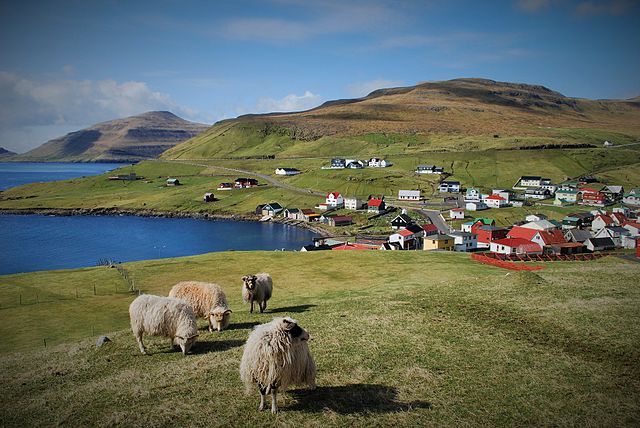A steadily increasing number of women from Thailand are meeting men from the Faroe Islands and moving there to start a family. While there are just over 100 Thai women living in the tiny Atlantic archipelago today, that is up from 15 in 2000, which makes them quite visible in such a small place.
Faroese men say that a shortage of women on the islands is forcing them to look elsewhere for companions. The women they bring back home try to hold on to their culture in a place so far away and different from their homeland.
“It is dark and very cold,” Krongrak Jøkladal told DR Nyhder.
A family affair
Krongrak moved to the Faroe Islands in 2009 to start a family with her Faroese husband Trondur Jøkladal.
“We met in Thailand when he was on vacation and got married a few years later,” she said. “I wanted to have a family, so I moved to the Faroe Islands with my husband.”
Krongrak said that along with the weather, learning Faroese has been a major obstacle to fitting in.
“Even after six or seven years, I still have a hard time,” she said. “Sometimes I have to guess what they are talking about.”
Roots run deep
Thais are recognised as hard workers and are generally well-liked and accepted in Faroese society.
Thai massage and food are becoming more prevalent in the Faroes.
“Whether you are Danish or Faroese or Thai becomes printed on your soul,” said Krongrak. “You cannot just change where you come from.”















